Column: Reflecting on ‘Wild Geese’
Photo credit: Melissa Forman
In the fall of 2013, Stick Season approaches over my late grandfather’s farm in Columbia County, New York. I sit with my grandparents’ Bernese mountain dog, Bodhi. The snapping turtle-infested pond is to the left, and farther behind is the faint outline of wild Canadian geese.
December 7, 2022
I want to talk about wild geese. Long before I knew how to register just what a wild goose was, I was surrounded by them. To a 6-year-old me, they were nothing but enticing objects in the perfectly oriented display of nature. They were something to chase, something that made funny noises, something to observe.
My first memory of geese belongs to my Grandfather, “Poobah.” He, more than anything else, hated wild geese.
Each fall I’d sit on the porch of his self-crafted-farmhouse in upstate New York and watch the light fade over the pond in the distance — a pond I was repetitively cautioned to stay away from as a result of a snapping turtle infestation. Instead, I reframed my view on the hay bales far beyond the pond, perplexed at how they achieved such a precise shape.
It was then when the wild Canadian geese, with their long dark necks and white cheeks migrating south for the winter, flew high above, landing in the hay-ridden field. Simultaneously, my grandfather sat down next to me, looking up I watched as his heavy eyes fixated on the geese. Under his breath, he murmured “God, I hate geese,” and before I could fully make out what he was saying, he was yelling at the top of his lungs, “GO, GET ON NOW, YOU GEESE.”
A rush of flutter erupted in the distance as the geese took flight once more, high over the orange and red-streaked leaves and off into the distance. The chaos subsided, and everything was quiet. He murmured again shaking his head, and this time I listened: “All they do is eat my precious field and poop.”
I never thought much about this moment or about geese at all until I read “Wild Geese,” a poem by Mary Oliver.
Throughout the poem, Oliver underlines the importance of imperfections, being true to oneself and finding peace in the constancy of nature. Through vivid imagery of nature, she showcases that everything is temporary and that everything moves onward. I find comfort in that idea.
Each fall as the leaves depart from their trees, the world moves onward. As the winter-burrowed tulips in spring, the world moves onward. To belong, we must follow in nature’s neverending footsteps. We are not meant to be static beings, we too must surrender to the impermanence of things.
In that way, we are not so different from wild geese. Just as the geese love my grandfather’s field — despite the threat of his echoed screams — we humans must do the same. As Oliver says, we must “let the soft animal of [our] body, love what it loves.” This is a gentle but necessary reminder to give into the cliche of being yourself every once in a while.
And – although I don’t see wild geese often – when I do, I am reminded of my grandfather and his disdain for the animal. Yet, despite his best efforts, they return each year: they eat, they poop and they eat some more. They too belong “in the family of things” even if they aren’t loved by all.
Geese help pollinate by dispersing seeds from fruits or plants (giving some understanding as to why my grandfather didn’t want a blackberry bush in the middle of his horse grazing field) and provide valuable nutrients for the soil through their poop! They too serve importance to ecosystems, even if it’s hard to see at first glance.
Additionally, their impermanence is a symbol of change, a symbol of temporary pain, for my grandfather at least. As in his case, they were gone throughout the winter and most of the summer, pooping elsewhere. And when I do see the geese or stumble upon this poem, I’m reminded of this necessary perspective and it makes my problems a little more tolerable.
I hope you too, even if you’ve never laid eyes on the controversial species, take something from wild geese.





![Freshman Milan Earl and sophomore Lucy Kaplan sit with their grandparents at Archer’s annual Grandparents and Special Friends Day Friday, March 15. The event took place over three 75-minute sessions. “[I hope my grandparents] gain an understanding about what I do, Kaplan said, because I know they ask a lot of questions and can sort of see what I do in school and what the experience is like to be here.](https://archeroracle.org/wp-content/uploads/2024/03/grandparents-day-option-2-1200x800.jpg)













































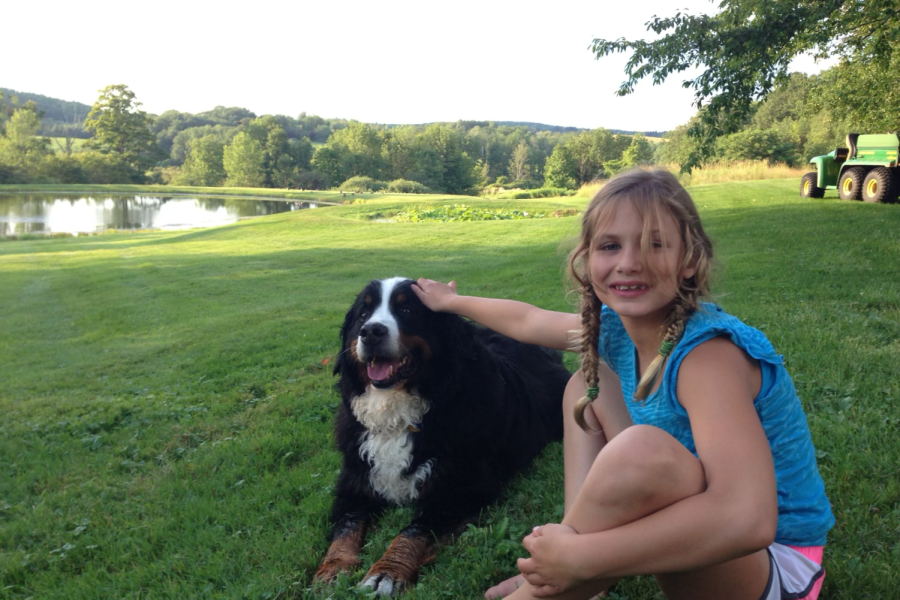
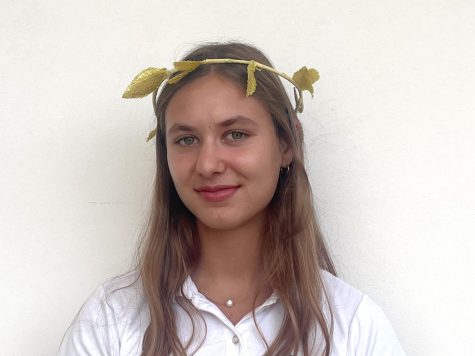






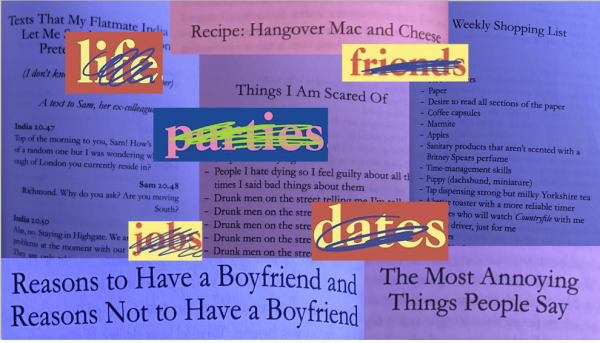


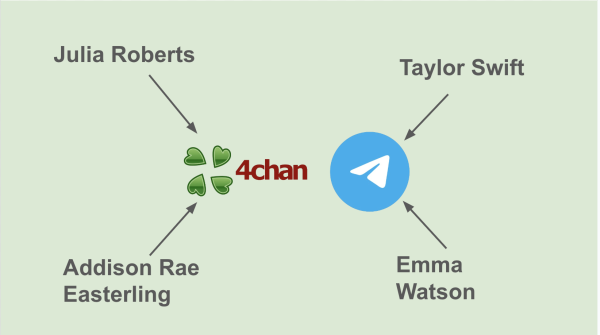
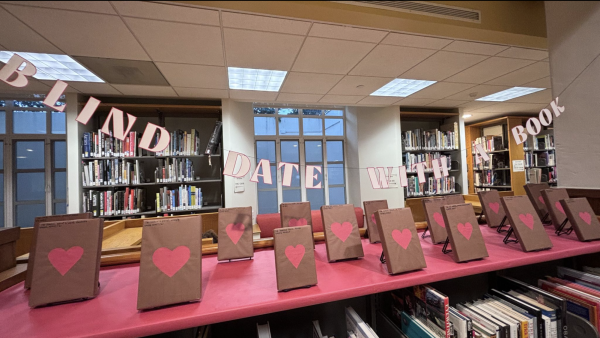
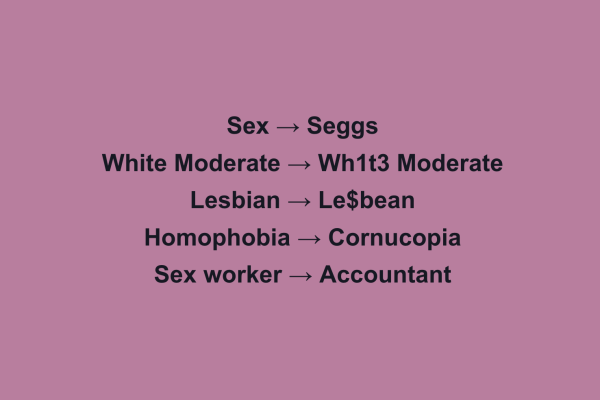



Brian Wogensen • Dec 12, 2022 at 8:03 am
Beautifully written, Eliza.